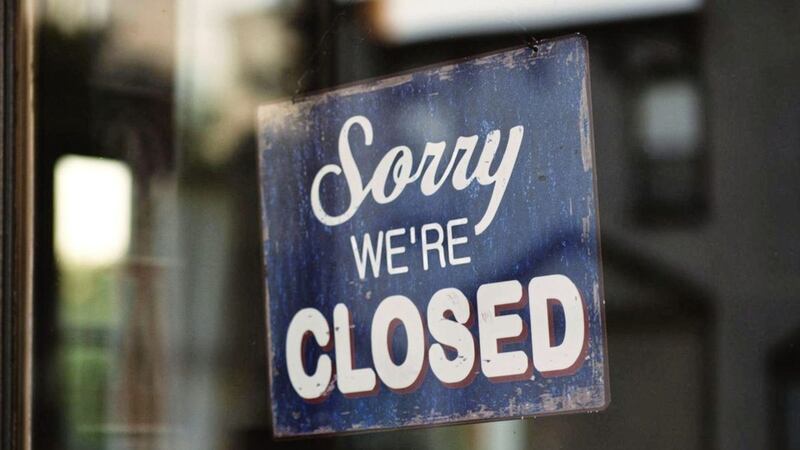THE outbreak of Covid-19 has resulted in business closures, limitations due to remote working and supply chain breakdowns and businesses across various sectors and industries are continuing to experience significant disruption to their regular activities.
This raises the issue of whether or not the current crisis may excuse or postpone the performance of contractual obligations.
Under Northern Ireland contract law, the general rule is that a business will be held liable for a failure to comply with its existing contractual arrangements. However, in the context of Covid-19, the two key exceptions are force majeure (exceptional circumstances) events and the doctrine of frustration.
Present events highlight the importance of well drafted force majeure clauses. They are a common feature in commercial contracts and will excuse a party from upholding their side of the agreement where circumstances beyond its control makes performance of the contract impossible by that party, thus protecting against liability for breach of contract and potential damages being payable.
It must be established that a specified event has occurred, that this has prevented, hindered or delayed performance of the contract, the impact of which was not within the party’s control and that nothing could reasonably have been done to mitigate the consequences.
Specific events may be expressly listed in a force majeure clause, for example, pandemic and outbreak of disease, and these would likely cover Covid-19. If more generic wording is used, such as ‘Act of God’ or ‘situation beyond the reasonable control of the parties’, it is then an issue of interpretation but due to the severity and unprecedented nature of Covid-19, it seems likely that it would be construed as a force majeure event.
Such force majeure clauses will typically seek to exclude liability or excuse non-performance as a result of such an event. If the event has ‘prevented’ performance, it must be physically impossible to perform, not simply that it is made more difficult or less profitable to perform.
Where the event has ‘hindered’ performance, it has been impeded in some way and is consequently more challenging but is still able to be performed. Whereas, if performance is ‘delayed’, this is less demanding and offers some flexibility, provided performance is still possible but at a later date. This demonstrates how important the precise wording of force majeure provisions is in establishing liability.
Where one party struggles to meet their obligations due to Covid-19, they must show an attempt has been made to find an alternative way to perform the contract or reduce delays and loss to the other party, unless this would breach existing contractual arrangements.
A force majeure clause will typically require the party seeking to rely on the clause to issue a written notice of the force majeure event to the other party within a certain timeframe.
As force majeure clauses differ from contract to contract, legal advice should be obtained to ascertain if the effects of Covid-19 amounts to a “force majeure event” and to clearly understand your rights and obligations in order to protect the interests of your business.
If there is no force majeure clause, a party may be entitled to relief from their obligations under the contract where they are unable to perform their contractual obligations under the “doctrine of frustration.”
The contract may be discharged and terminated by an unforeseen, supervening event which makes it impossible to perform or, where it would be so radically different from what had been originally agreed, that the contract becomes unfair to uphold.
Given the unprecedented nature of Covid-19, it seems unlikely to have been foreseen unless the contract was recently concluded. Frustration requires a high threshold and has the effect of immediately releasing parties from their obligations, as opposed to suspending the contract, so it will not be invoked lightly.
If your business has been affected, it is important that you check the terms of your contracts or seek the correct legal advice at this time.
:: Alan Bissett (alan.bissett@mckees-law.com) is a consultant at commercial law firm McKees (www.mckees-law.com) specialising in corporate legal services and energy.




